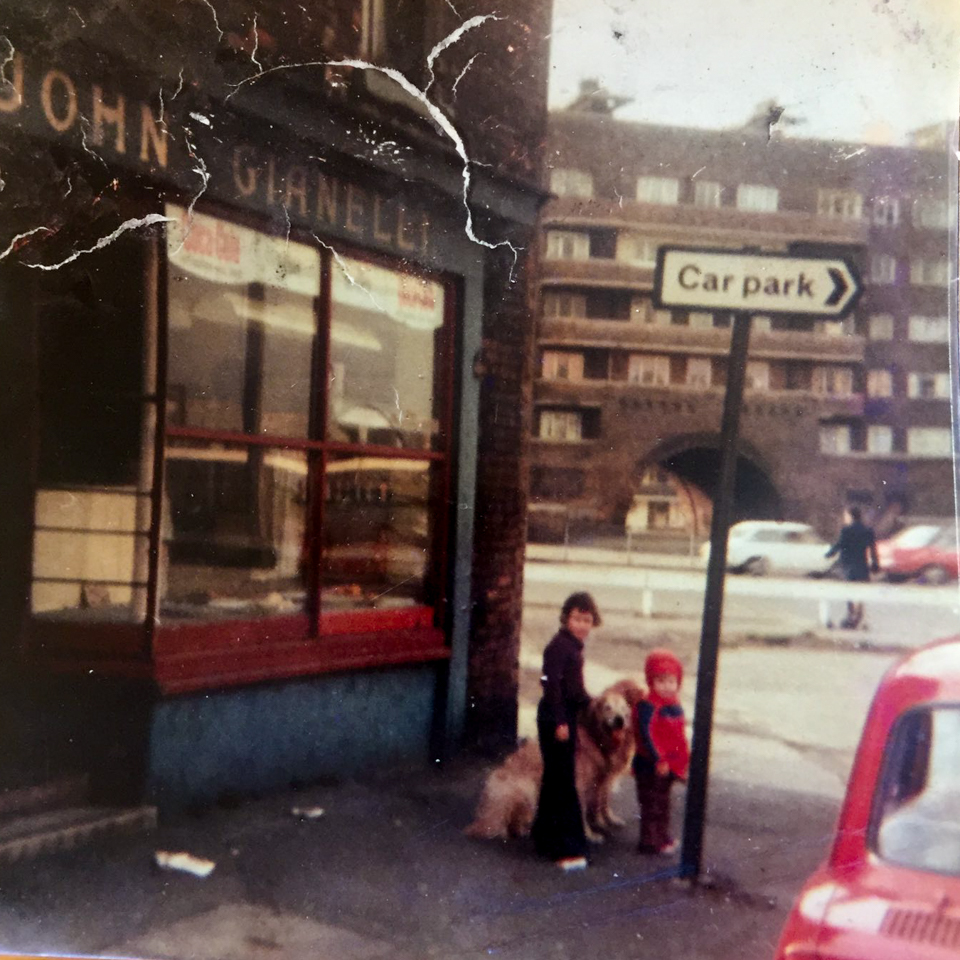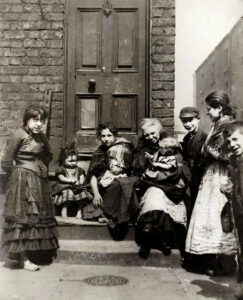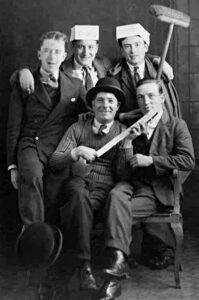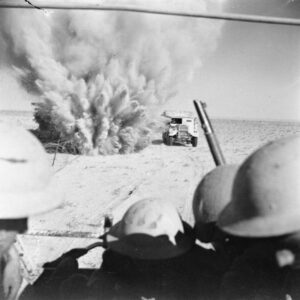John Gianelli opened his fish and chip shop on the corner of Christian Street and Islington Place in the close-knit Italian community in the years before the turn of the 20th century. It was a real family business, with John’s sister Catherine and Madeline’s sister-in-law Lizzie also working there.
Liverpool was the most heavily bombed city outside of London, with over 50 raids following the first on 28 August 1940 to 22 December. The raids then decreased in intensity before the Luftwaffe returned en masse in the first week of May 1941. The seven-night bombardment destroyed over 6,500 homes and damaged a further 190,000, leaving 70,000 people homeless. The Scotland Road area suffered heavily, including one raid that scored a direct hit on the shelter at Holy Cross School in Addison Street that killed the 125 people sheltering there. The associated church, which had seen so many Gianelli celebrations, had been destroyed the previous December. Johnny was quoted in a Liverpool Echo article published in 1970:
Everyone knows the Gianelli’s fish and chip shop near the corner of Christian Street. It’s been a family business for 73 years. Today John, aged 73, and Francis, aged 70, are still in business there. And like the Windmill Theatre they never closed during the raids. But one night when all the customers had gone a bomb fell just outside at midnight. “It was a near thing”, grinned John. “It blew the windows in but the blast travelled up the road and damaged shops and houses. We were really lucky. All 11 o’clock the next morning we were open for business again.
John Doe
Their determination was typical of the resolve demonstrated by the residents of the area during the blitz whose message clearly was, “It will take more than the Luftwaffe to break our spirit.”
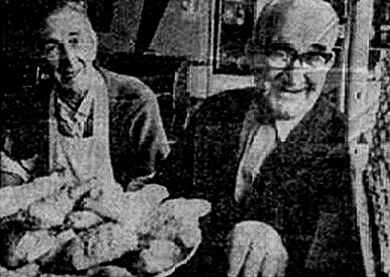
It was when brothers Johnny and Frank took over the business from their mother during the war that it began to develop a reputation for making the best chips in Liverpool. The shop attracted customers from a wide area and people bypassed their own nearest chippy to get to it. Customers included many of the showbiz personalities appearing at the nearby Empire Theatre, including Frank Sinatra, Frankie Laine, Johnny Ray, and Russ Conway. As you went in the door, the front window was to your right, the counter was on the left and there was an old wooden oak table and a white marble one facing it, with a wooden bench that ran the length of the wall facing the counter in case you wanted to eat in. The potato machine was on the wall opposite the window and it was always busy, a hive of activity as Johnny and his brother Frank and sister Maria served the local community for years.
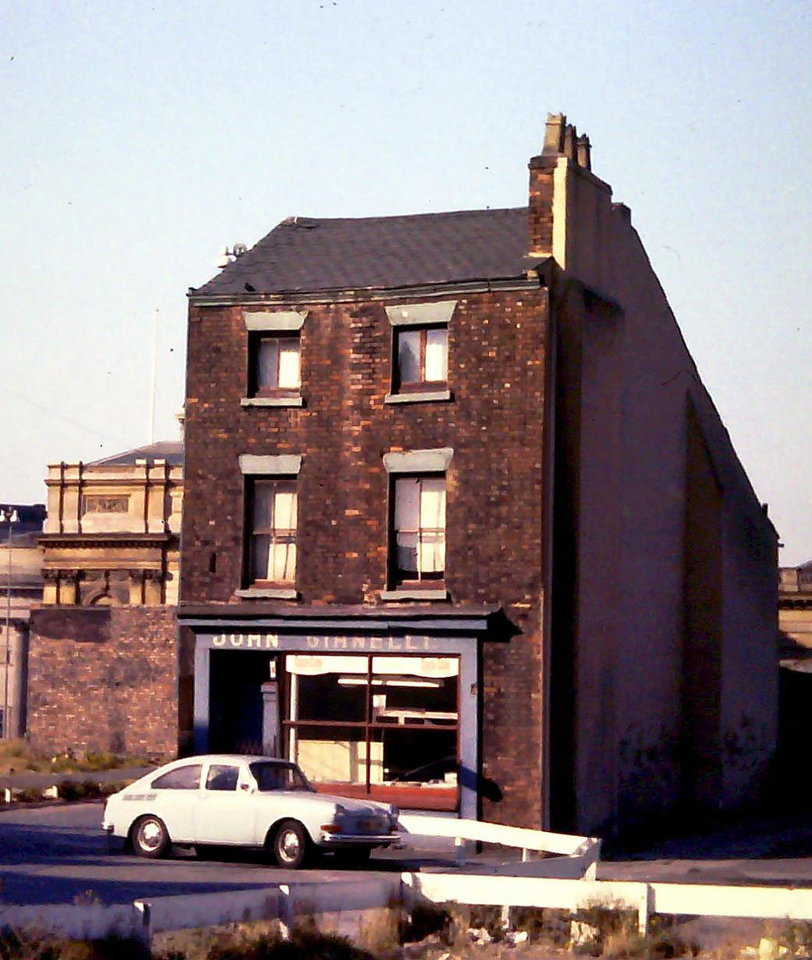
Soon after Johnny’s death in August 1975 the chippy became a victim of the planner’s dreams to create a motorway out of the city. The story was taken up by the Liverpool Echo:
The curtain comes down for Frank: It’s going to be ‘Goodbye Mr. Chips’ soon for actors and actresses at Liverpool’s Empire and Royal Court Theatres. For the curtain is coming down on Frank’s fish and chip emporium - caterer to theatricals for the last 76 years. Owner Frank Gianelli is having to close because of city centre redevelopment. The shop stands in Liverpool’s Christian Street, midway between the two theatres, and over the years Frank’s hot suppers have been served up to scores of stars. ‘One time Norman Wisdom was at the Empire. He was in a rush to catch a train and hadn’t time to go to a restaurant, so he sent his chauffeur over for some chips. A while later, I got a letter from him saying how much he enjoyed them’. The magic of Frank’s recipe didn’t escape David Niven either. “He once stood everybody in the theatre to some fish and chips - we were two to a pan as he ferried them across to the theatre in his car.” Act I of the Gianelli story began with an ambitious Italian peasant who in 1868 hitchhiked across Europe to seek his fortune in Liverpool. The peasant - Frank’s grandfather - saved enough to buy a cart and set up in the ice cream business.
John Doe

